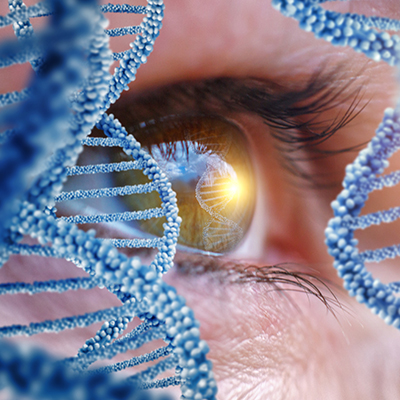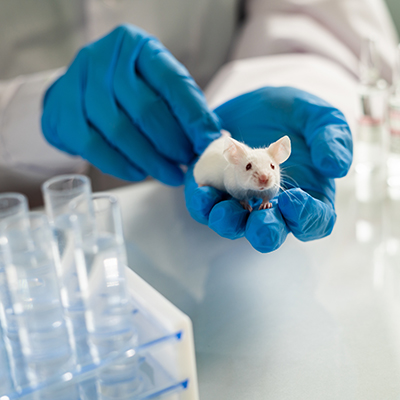November 2, 2020 -- Recombinetics, through its Surrogen subsidiary, has launched a study in animal models to improve outcomes for patients diagnosed with tuberous sclerosis complex (TSC).
Surrogen has developed a technology that allows researchers to engineer exact patient mutations into swine genomes to develop biomedical models to study disease and find new therapies that are safe and effective for patients. The new model for TSC will mirror the human disease genetically and is expected to display the same pathophysiology.
Previous research has established that mouse models of TSC fail to reproduce the fundamental pathology and tumor growth characteristics needed to study the disease and find new therapies. The company will work with Boston's Brigham and Women's Hospital to advance research for the creation of the animal models for preclinical studies.
TSC is a rare disease that occurs in 1 in 6,000 births and causes tumors that form in vital organs. The disease can also cause autism, seizures, and serious neurodevelopmental delays. There are currently no treatments that can eliminate tumor cells in TSC, and no animal models that can fully recapitulate the disease.
Copyright © 2020 scienceboard.net








